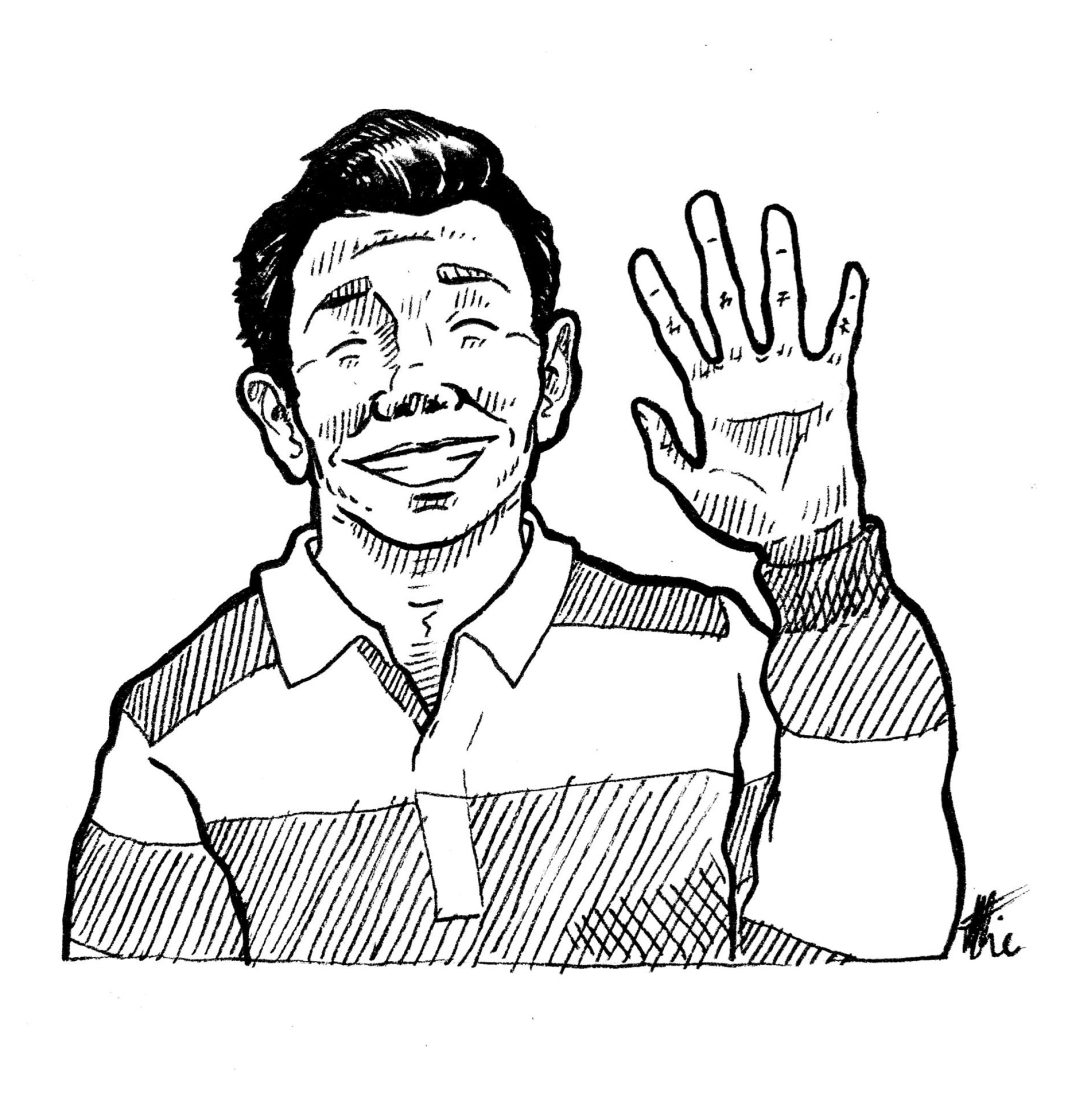If you’re anything like me, you will have often wondered what the world would be like if there was no social anxiety in it. As far as my own life is concerned, I like to imagine things would have turned out very differently. With a bit of luck, I would have been a Marvin Gaye-style R&B singer, with a string of number one hits and an enormous bank balance to show for it. I would have had a worldwide fan base, and it would have been difficult to walk down Holywell Street without my security guards, due to the crowds. The fact that none of these things happened is only due to the fact that I have a horrible fear of singing and dancing in front of other people. In a social anxiety-free world, none of that would have been a problem. There would have been nothing to hold me back.
With all this in mind, it was with great interest that I recently stumbled upon a new TikTok trend which promised to reveal to me exactly what the anxiety-free world would look like beyond my own narrow Marvin Gaye-centred perspective. The premise of “POV: zero social anxiety” is a simple one. A man (and for some reason it is always a man) films his day POV-style as he walks about a random town or city making himself known to the people he comes across. He fist-bumps and high-fives everyone he passes in the street. He goes into shops and tells elderly ladies that he likes their flowery jackets. He walks into pubs and asks a man watching the football alone what the score is. Once told, he does a loud friendly laugh, shakes the man’s hand, and leaves.
The trend’s message is clear: if only we’d all act as the real us wants to, we’d see that other people are less scary than we think – and, in actual fact, everybody would like us. The only problem with the message is that it’s undermined by reality. As the videos show, yes, some people are glad to be high-fived in the street by strangers, and some are happy to be stopped for a chat, even when they are in the middle of filling up their car. But what the videos also show is that just as many people don’t want to be bothered while they’re going about their daily lives. Sometimes the man watching football alone in the pub really does just want to watch football alone in the pub. Sometimes the man staring confusedly at his shopping list really doesn’t want a fist-bump. There’s no two ways about it.
What the trend unwittingly shows, of course, is that there are good reasons why we don’t all act like zero-social-anxiety-man, at least not all the time. The reasons have less to do with social anxiety than with simply being able to read another person’s body language. When we don’t talk to other people, sometimes that’s just because we know they don’t want to be talked to, not because we’re scared about what will happen if we do try and strike up a conversation. Sure, we might get it wrong some of the time, usually by erring too much on the side of caution. But most of us are better judges of social situations than the zero-social-anxiety trend would have us think.
Although perhaps the bigger problem with the trend is the idea that getting rid of social anxiety once and for all is an achievable aspiration in the first place. As psychologist Tracy Denning-Tiwary points out, though being overly anxious is of course a real problem for many, it is also a normal part of life to have some degree of social anxiety. It is our brain’s response to uncertainty about the future. We get climate anxiety because we aren’t sure if the planet’s future is good or bad. We get career anxiety because we aren’t sure the Oxford degree, which was supposed to get us a job when we leave here, will actually do so. Social anxiety is just another example of this: we can never be completely sure how people are going to respond to us, and the idea that we can be is plainly false.
None of this is to say that the zero-social-anxiety trend does not have some good to it, or that the creators themselves don’t have good intentions. If trends like this help people see that others don’t always react badly to a friendly hello from a stranger, for instance, then surely that’s a good thing. Nevertheless, that shouldn’t take away from the fact that the premise of “zero social anxiety” is a problematic one. Even if he is well-meaning, what zero-social-anxiety-man seems to be implying is that if we don’t all behave like him, there must be something wrong with us. In doing so, he turns what’s in actual fact normal human behaviour – not fist-bumping every single person we come across – into something ‘abnormal’. In other words, we are the ones that have the problem, not him.


